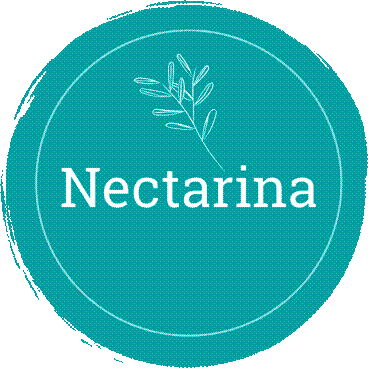Why is my fruit different this time?
Fruit is a natural product that may vary due to variety, season, source, etc.
What variety of melon do you sell?
The variety of melon depends upon availability. It may be green or orange.
What variety of peaches do you sell?
The variety of peaches depends upon availability. They may be yellow or white.
Can I substitute Red Currants for Cranberries?
Red Currants are not the same fruit as Cranberries. However, they can be successfully substituted for cranberries in many recipes with similar tartness and color results.
Where is your fruit from?
The frozen fruit we offer comes from different sources depending upon availability and season. Some fruits that are grown in quantity in Israel, e.g. strawberries and bananas, are sourced in Israel when available. Others that do not grow in Israel's climate, such as raspberries and blackberries, are imported. The country of origin varies depending upon season and availability.
Is your fruit organic?
Wouldn't that be wonderful! Someday, with enough global consumer demand...
The fruit we are currently able to offer is conventionally grown.
If anyone represents to you that frozen fruit in this quantity and at these prices is organically certified, insist on seeing organic certification for the grower as well as the packaging plant.
Is your fruit bug-free?
No. While all of the frozen fruit we offer is kosher certified, it is not guaranteed to be bug-free.
If anyone represents to you that they can offer frozen fruit in this variety and quantity and at these prices that is bug-free, insist on seeing kosher certification that specifically states that the fruit is certified bug-free.
What is the status of the fruit during Shmita?
On the page for each individual fruit, the specific kashrut options available are noted. If heter mechira applies, it is noted. Otherwise, one can assume that either shmita does not currently apply for that fruit or the fruit is imported to Israel.
Why do prices differ for different Kosher Certifications?
Private kosher certifiers have different charges and these prices are passed on to consumers. Nectarina does not profit from these price differences; we simply pass along the difference in our cost.
Are your products kosher?
Our products come from different sources, under different kosher certifications, with a few exceptions that do not include kosher certification. You can click on any individual item while shopping on this site to see the specific kosher certification for that item. In some cases, there is more than one kosher certification option for specific items. In addition, the kosher certification also appears on the product packaging.
What is GMO?
A genetically modified organism (GMO) is any organism whose genetic material has been altered using genetic engineering techniques.
What is the difference between Organic and Eco-Farmed?
Organic produce is certified by an independent organization, e.g. the USDA, to be grown without the use of herbicides and pesticides. All other processes applied to the produce must adhere to strict regulations regarding food safety and contamination.
Eco-farmed rice is Lunderg Family Farm's version of "conventional" rice in that it is farmed with herbicides and pesticides but only as necessary and only those chosen for the least impact on the environment. All of Lundberg's other organic farming methods such as cover cropping, crop rotation, and water management are still used on the eco-farmed fields.
What Organic Certification do you have?
Organic-certified products display the relevant Organic Certification logo on the product label. In addition, Organic Certified products under the brands Muso and Flavorganics that we import directly from suppliers are certified Organic by IQC in Israel.
